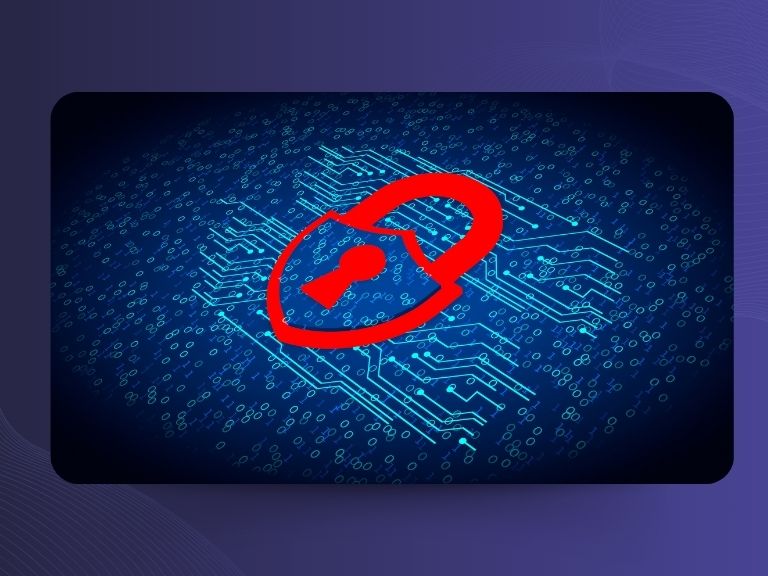Table of Contents
Data protection is no longer optional in today’s digital world. Companies across the globe are responsible for handling customer data with care, transparency, and accountability. Two of the most important data privacy regulations are the California Consumer Privacy Act (CCPA) in the United States and the General Data Protection Regulation (GDPR) in the European Union.
While both aim to give consumers greater control over their personal data, they differ in scope, requirements, and penalties. This article outlines the main differences, similarities, and the benefits of compliance for your business.
What Is the CCPA?
The California Consumer Privacy Act (CCPA) took effect on January 1, 2020. It is the first comprehensive data privacy law in the United States, designed to give California residents greater control over how businesses collect, use, and share their personal data.
Key CCPA Provisions:
- Right to know: Consumers can request to see what personal data is being collected.
- Right to delete: Users can ask companies to delete their data.
- Right to opt out: Consumers can object to their data being sold to third parties.
- Clear disclosure: Companies must explain what data they collect and why.
- Penalties: Non-compliance can lead to significant fines and lawsuits.
What Is the GDPR?
The General Data Protection Regulation (GDPR) came into force on May 25, 2018, and is considered the gold standard in global data privacy legislation. It governs how organizations handle the personal data of EU citizens, regardless of where the company is located.
Key GDPR Provisions:
- Transparency: Businesses must clearly inform users what data is collected and how it’s used.
- Right to be forgotten: Users can request complete deletion of their personal data.
- Consent: Personal data may only be processed with explicit, informed consent.
- Data portability: Users can transfer their data between service providers.
- Fines: Violations can result in penalties of up to 4% of global annual revenue.
Key Differences Between CCPA and GDPR
While both laws protect consumer data, there are some important distinctions:
.jpeg)
Shared Principles: How CCPA and GDPR Are Similar
Despite regional differences, CCPA and GDPR share several key values:
- Right to access: Consumers can request access to their personal data.
- Right to deletion: Under certain conditions, users can request data removal.
- Transparency: Companies must disclose what data they collect and how it’s used.
- Data security: Strong technical measures must be in place to protect user data.
- Penalties for breaches: Both laws enforce substantial penalties for non-compliance.
Why Compliance Matters: Benefits for Your Business
Aligning with CCPA and GDPR requirements isn’t just about avoiding penalties—it brings real strategic value:
- Stronger consumer trust: Customers are more likely to engage with companies that protect their data.
- Reduced legal risk: Staying compliant lowers the risk of lawsuits and regulatory action.
- Improved data quality: Streamlined data handling results in better insights and decision-making.
- Competitive edge: Data privacy compliance can become a selling point in global markets.
Which Law Is More Relevant to Your Business?
It depends on where you operate and whom you serve.
- GDPR is essential for companies handling data from EU residents.
- CCPA is mandatory for businesses engaging with California consumers.
That said, both regulations are shaping the global standard for data protection. If your business has international ambitions, or simply wants to future-proof its practices, it’s smart to align with both.



Try meeting transcription now!
Experience how effortless meeting notes can be – try Sally free for 4 weeks. No credit card required.
Test NowOr: Arrange a Demo Appointment





